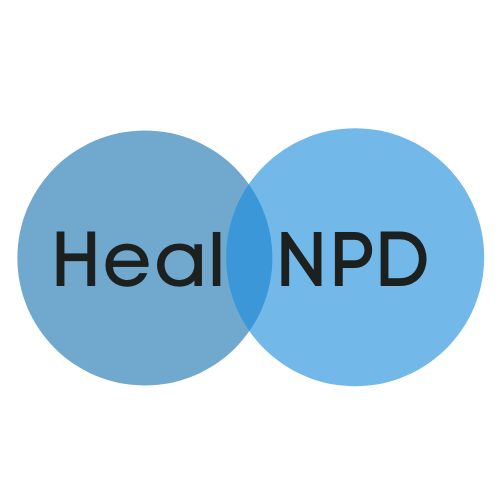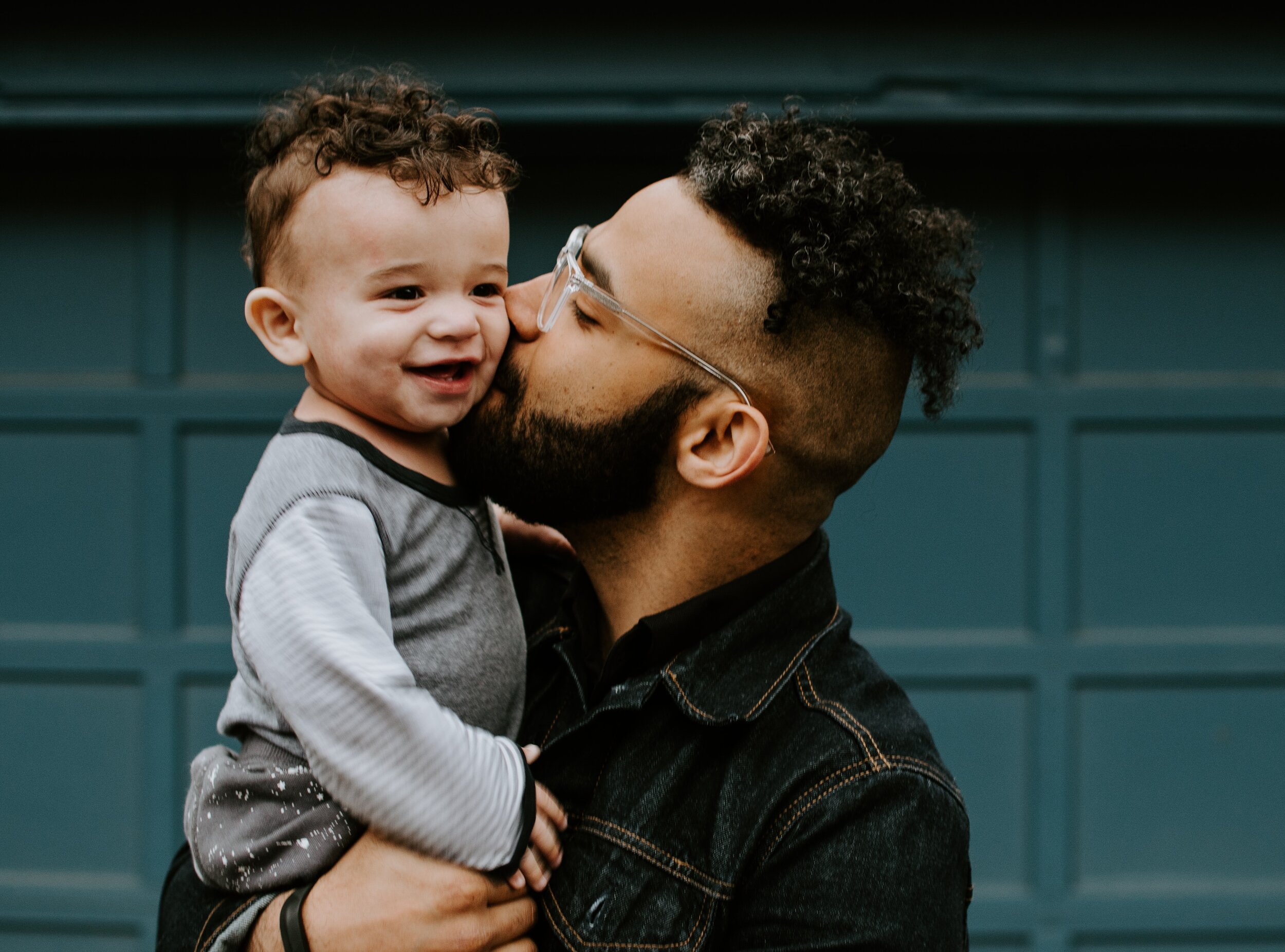Mother's Day and Father's Day present opportunities for growth
Around this time of year (May and June), people are reminded of their parents.
Mother’s Day and Father’s Day are cause for each of us to encounter feelings about mom and dad. Some of these feelings may be positive and joyful. Others may be less so.
We have complicated feelings. We love our parents. We hate them. We miss them, wish things were different, and hope they will stay the same. We cherish their proximity, grieve their passing, and resent their absence. We value their sacrifice and regret their complacency.
However we feel about our parents, this time of year presents the inescapable fact that we need them. We need their memories of us as children. We need their approval of us as adults. We need to be seen by them as we are, as we were, and as we could be. We need our love to be reciprocated and our anger to be validated. We need to be honored as grown-ups, but also to be held as children. It is truly a paradoxical time of year.
Advertisements don't help matters. In every shop window, on every television station, and around every corner there are messages telling us how we should feel, what we should want, and what we should buy to celebrate our mothers and fathers. Little public space is devoted to honoring the complexity of parent-child relationships - complexity that can pervade almost every aspect of the May/June parent-honoring ritual.
Most of us know the agony of worrying that a gift for mom or dad won’t be ‘good enough’. We want our gesture to be valued and celebrated. Mother’s Day, especially, can reduce each of us to a little boy or girl proudly bringing home a picture we drew in school. We want to see our pride mirrored in the eyes of mom or dad. In these moments we re-experience the vulnerability of decades past. Few events during the year bring us as close to our childhood selves as these two holidays.
This presents wonderful opportunities for self-reflection. As adults we don’t usually like to be reminded of the vulnerability and dependency of childhood. We’ve developed sophisticated defenses to protect ourselves from those experiences. But there may be something to learn from the annual emergence of childhood wishes and desires. The parts of us that are most authentic tend to surface around this time of year – like the proverbial groundhog tentatively peeking outside to see if it’s finally safe to venture out.
By taking a compassionate stance toward our basic needs with respect to our parents, whether they are close or estranged, alive or deceased – and however old we may be - we can honor that authentic, vulnerable child in each of us.
He or she may have some important lessons to teach.

